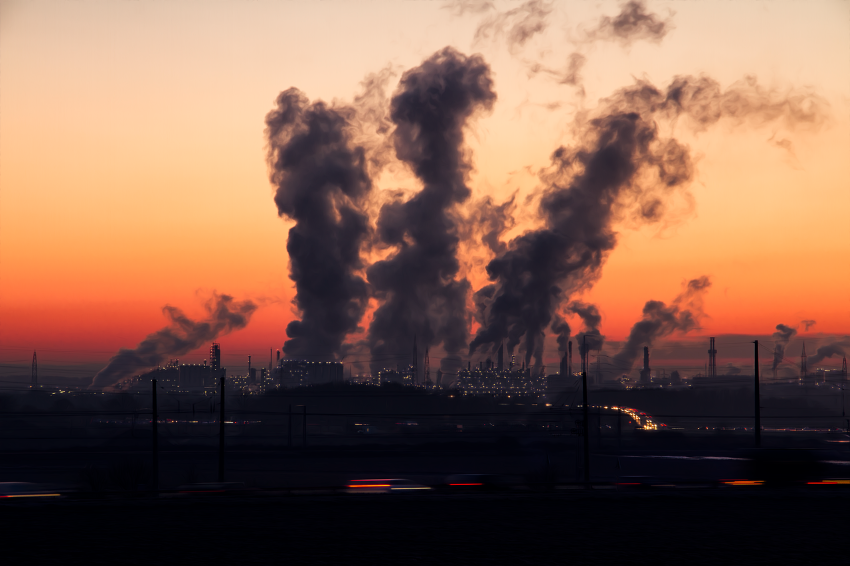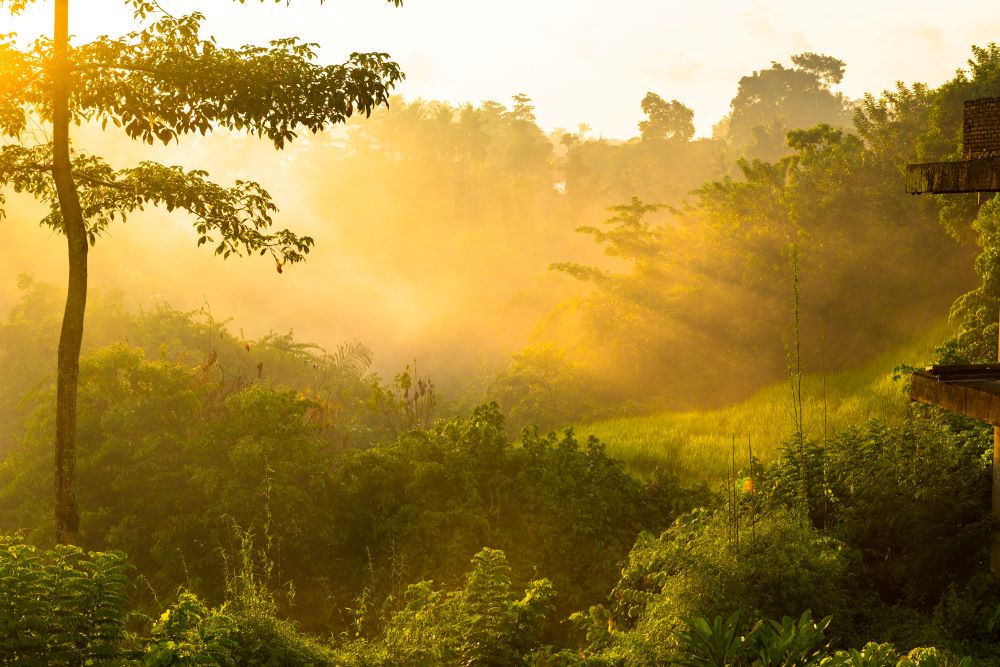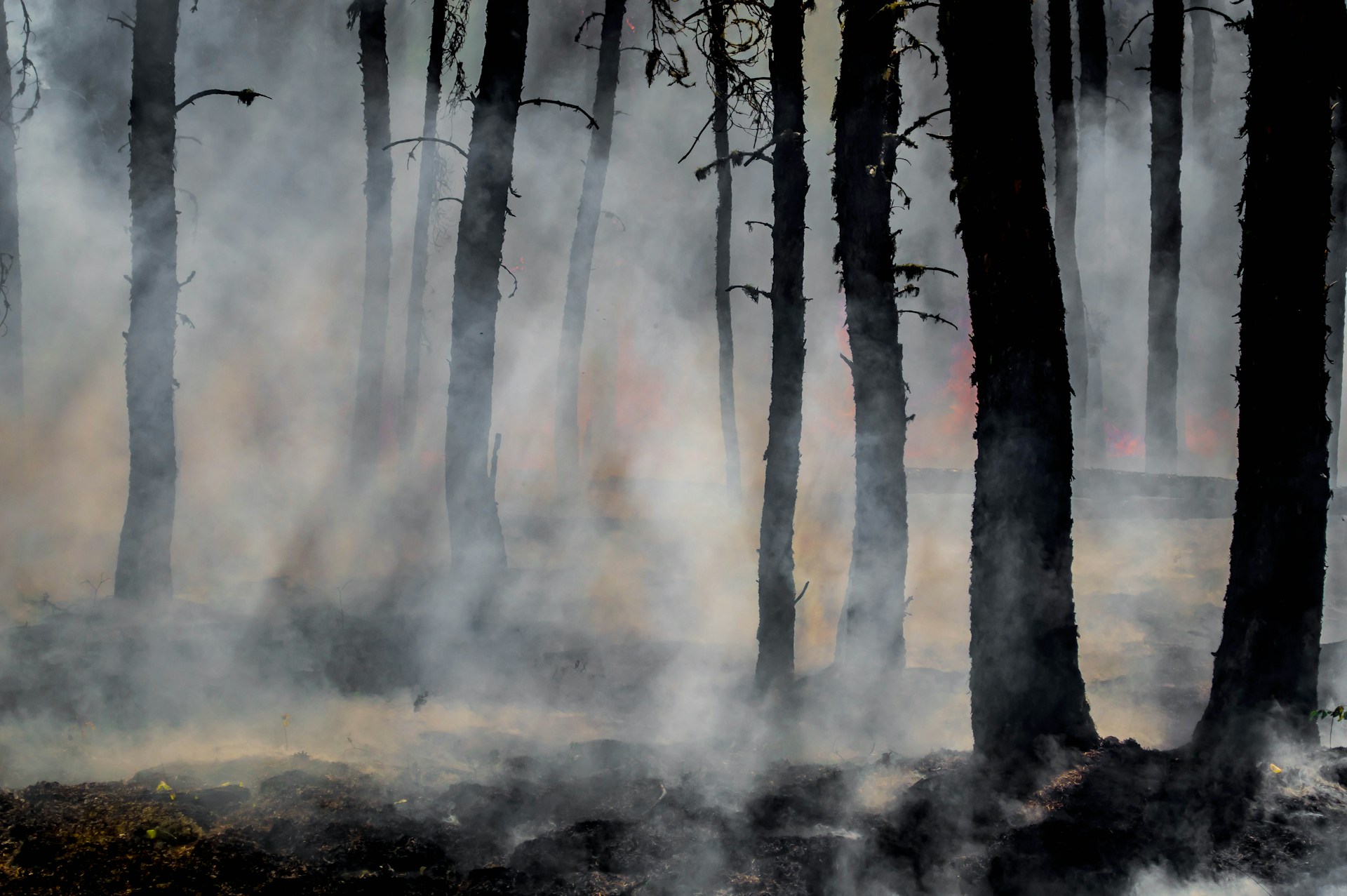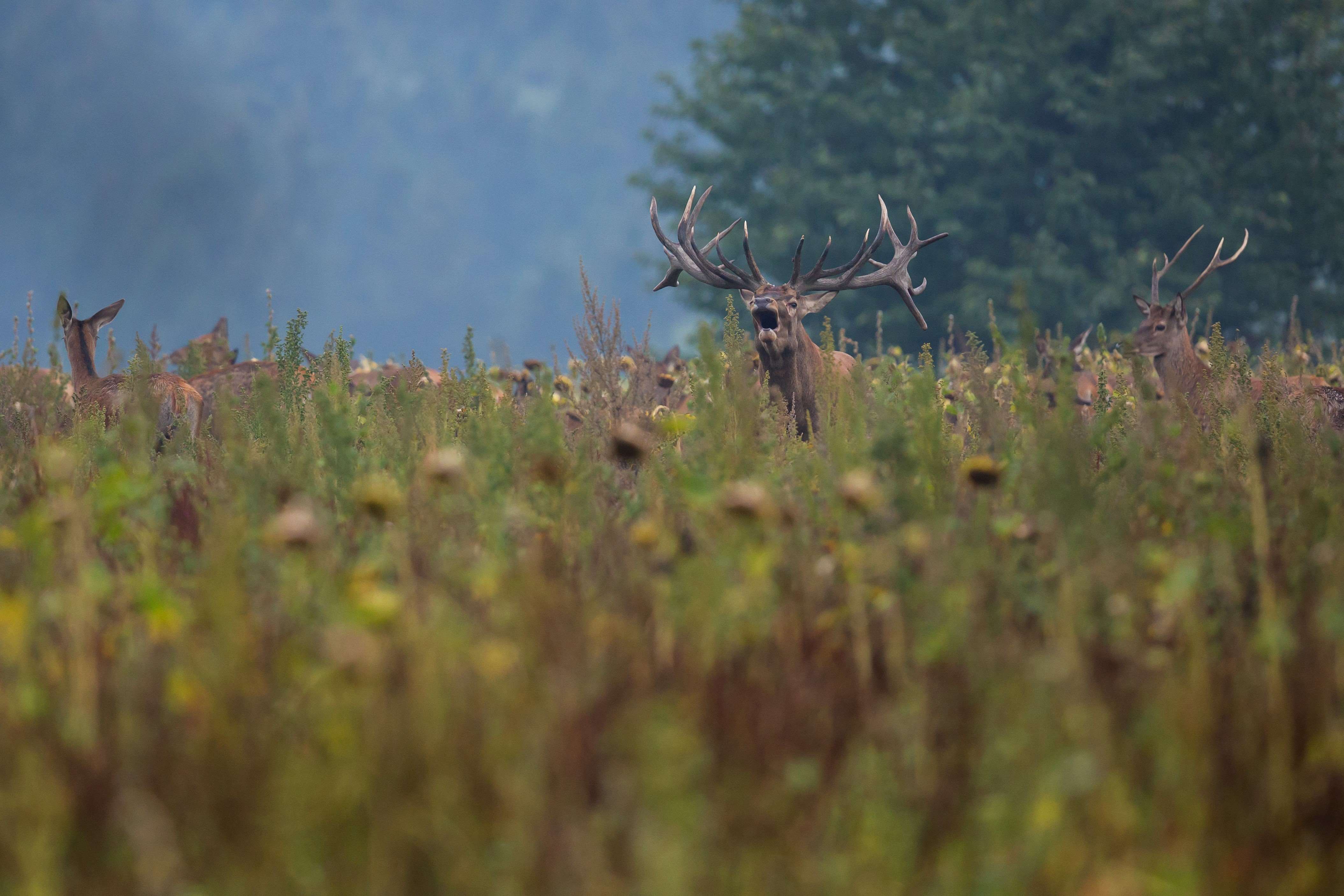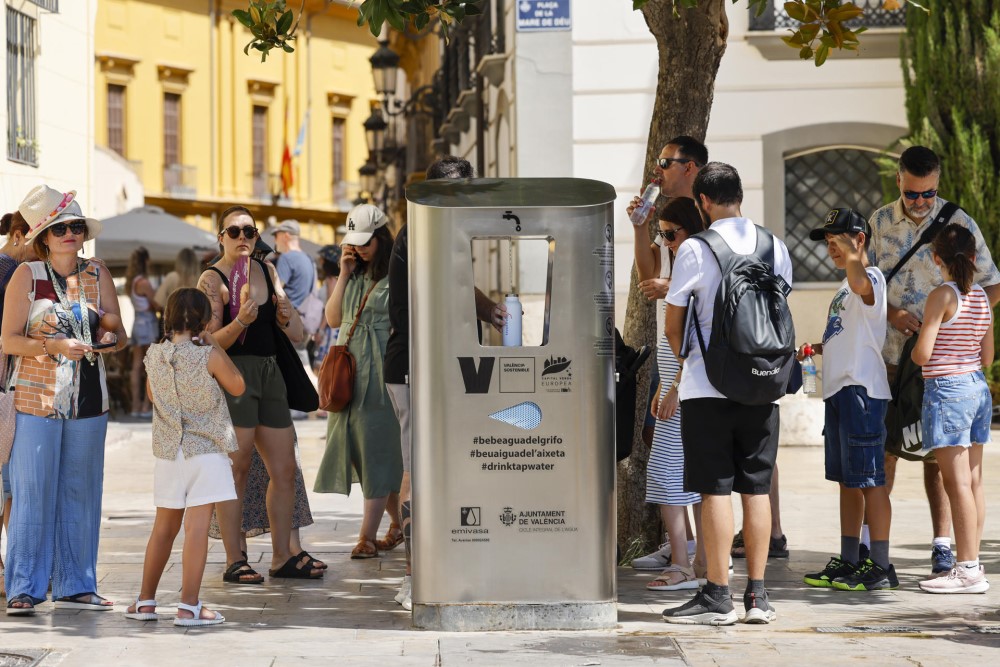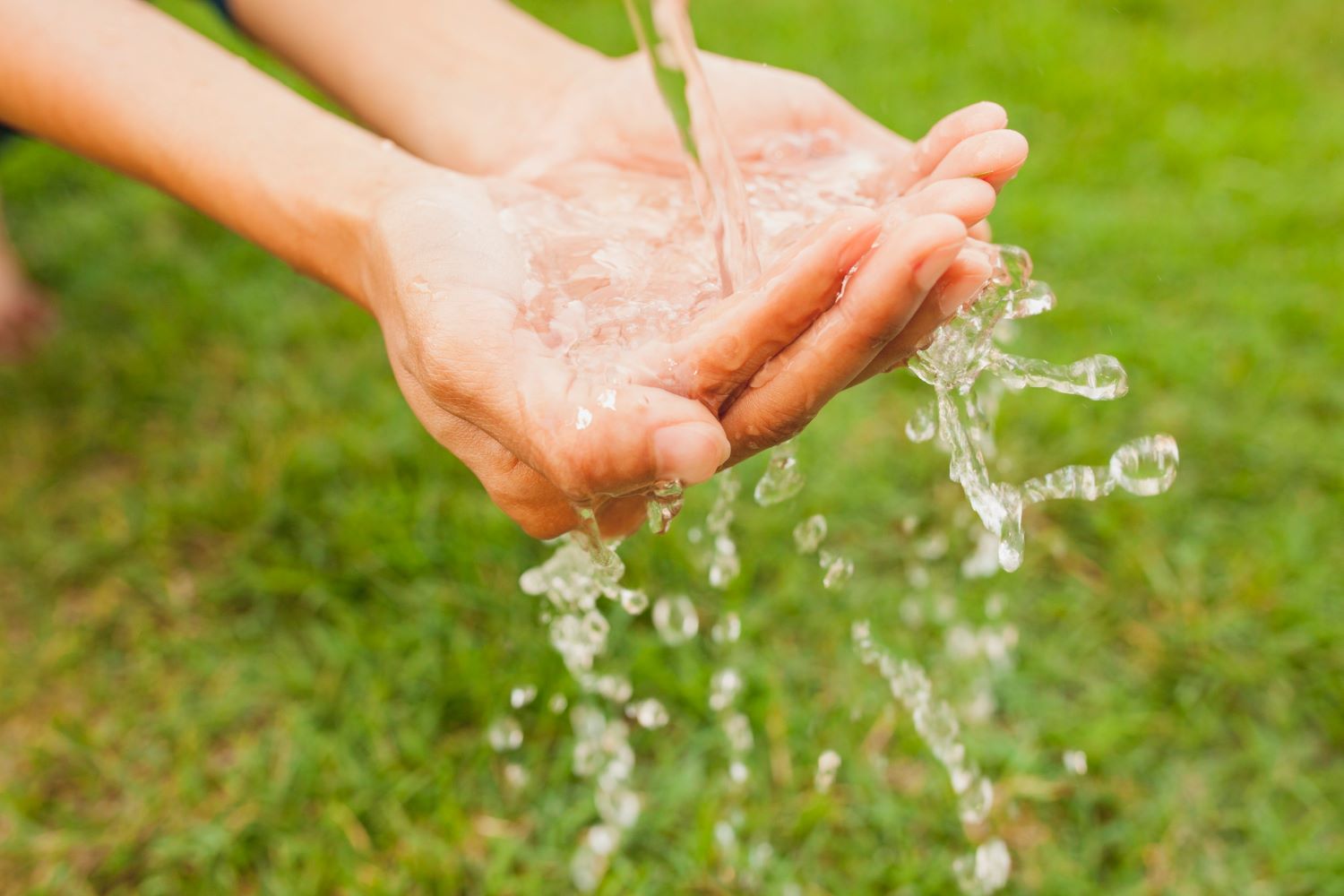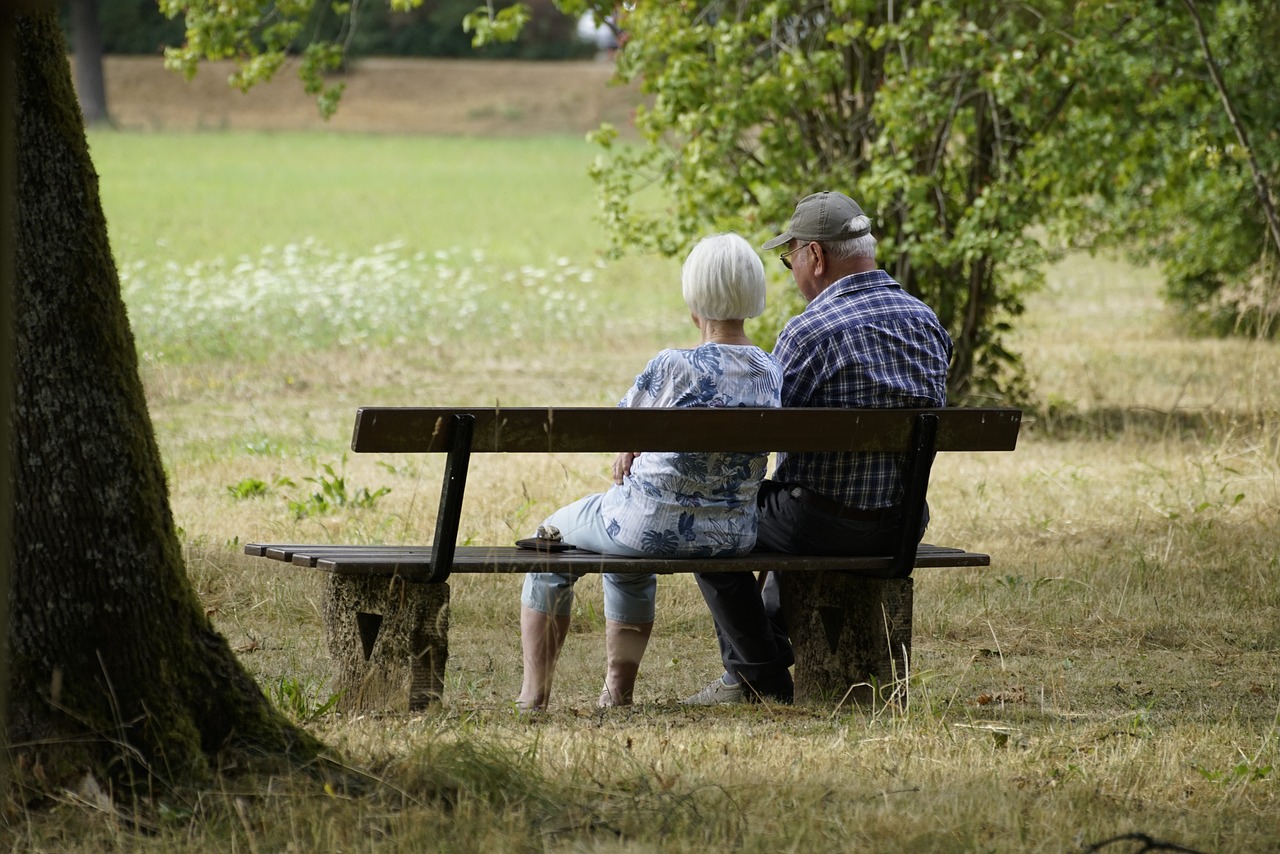Fossil CO2 emissions to rise to 37.4 billion tonnes by 2024, says major carbon balance report
There are still no clear signs that global fossil carbon dioxide (CO2) emissions have peaked, according to the 2024 Global Carbon Budget. The report - which is published in the journal Earth System Science Data in preprint format and will be launched at COP29 in Baku - estimates that these emissions will grow by 0.8% this year compared to 2023, to 37.4 billion tonnes of CO2. If this rate continues, there is a 50% chance that global warming will exceed the 1.5°C limit in six years.
